English for Nurses
Rp 40,000
| Judul Buku | : | English for Nurses |
| Penulis | : | Hilman, M.Pd, Dr. Umalihayati, S.ST. Keb, S.KM., M.Pd, dan Nova Maulana, M.Kes., M.Kep |
| Penerbit | : | Media Madani |
| Cetakan | : | Ke-1, Agustus 2023 |
| Ukuran Buku | : | 17 cm x 25 cm |
| Tebal | : | vi + 137 halaman |
| Isi Kertas | : | Bookpaper |
| Cover | : | Softcover |
| Harga | : | Rp.40.000,- |
| Pre-Order | : | WA 087771333388 |
English for Specific Purposes, or better known as ESP, is English Language Teaching that is
customized and developed in higher education based on student needs analysis. Therefore, both Universities,
Faculties, Study Programs and also Lecturers of English Courses must be able to design and create
appropriate learning materials based on the type of study program or student needs in order to prepare
professional human resources. English for Specific Purposes (ESP) is a new approach in teaching and
using English that is tailored to the needs of the field of science and profession of its users [1]. Then, one of the
characteristics of ESP is that teachers and course developers value the use of learning resources and
authentic tasks [2]. Learning resources play an important role in demonstrating real language use.
However, in higher education, lecturers have difficulty in teaching English for Specific Purposes material due
to the extensive material, especially for nursing, and limitations on textbooks due to the large number of
textbooks that are not from Indonesia with a high level of difficulty, so that the material is not in accordance
with the ability level of students. There are two characteristics in ESP, namely absolute characteristics
such as: (1) ESP is designed to be tailored to the specific needs of students; (2) ESP uses the underlying
methodology and disciplinary activities tailored to the study program; (3) ESP focuses on language (grammar,
lexis, register) skills, discourse and adapted genres. While variable characteristics such as: (1) ESP may be discipline-specific or designed; (2) ESP may use, in certain teaching situations, methodologies that differ
from general English: (3) ESP tends to be designed for adult learners, either at college level or in professional
work situations, but it can be designed for secondary school level such as SMK.
The purpose of teaching English in Indonesia has been stated in the Decree of the Minister of
Education and Culture with Number 096/1967 which is to develop students’ English communicative ability by
developing listening, reading, writing and speaking skills. Meanwhile, at the tertiary level, the teaching of
English is able to communicate and interact in life by having knowledge of English grammar. Then, in the
Decree of the Minister of Manpower and Transmigration of the Republic of Indonesia with
Number 123 / MEN / VII / 2010 concerning English Sub-Field of Nursing which is a reference for organizing
professional education and training as well as competency tests in the context of competency
certification. In higher education, the utilization of learning modules has an important role in the college
process. Hope this module is fruitful both student an lecturer to learn English for Nurses and prepare to
become professional nurse. In this book, it is discussed about therapeutic communication such as nosocomial
infections, moving a patient, companionship, vital signs, hanging bed linen, patient meal assistance, washing a
patient’s hair, urination and defecation, perineal care, patient’s teeth and mouth, nail care assistance and
preparing patient for surgery and post-surgery patient care.




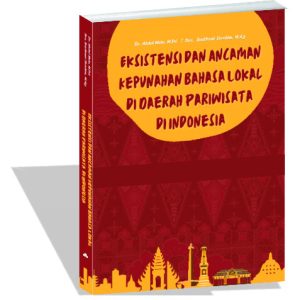
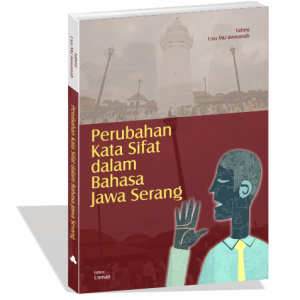
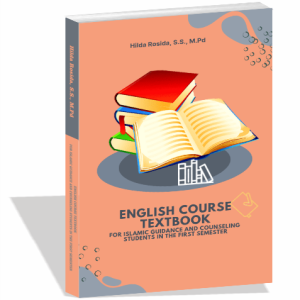
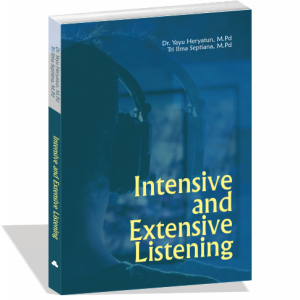

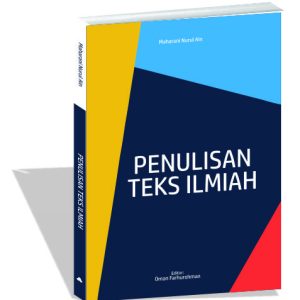
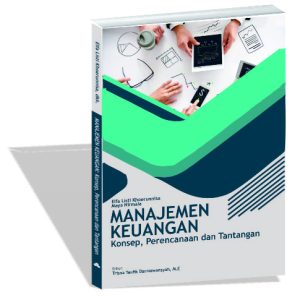
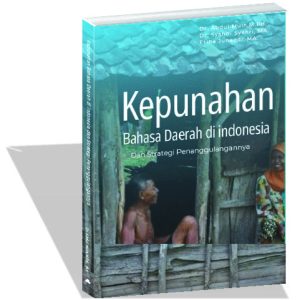
Reviews
There are no reviews yet.